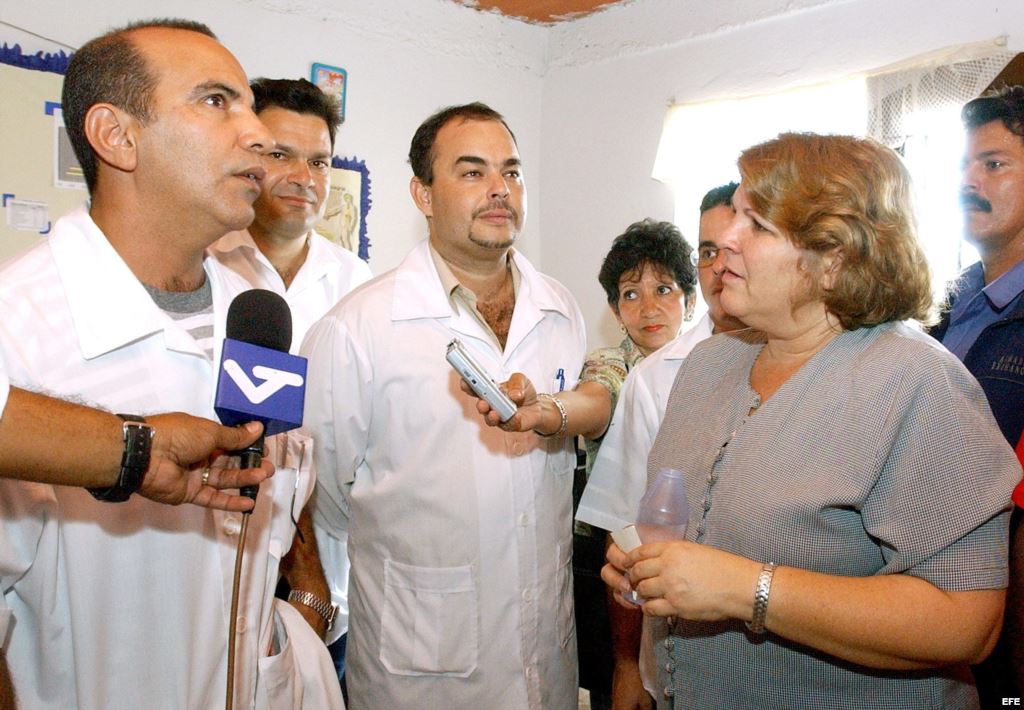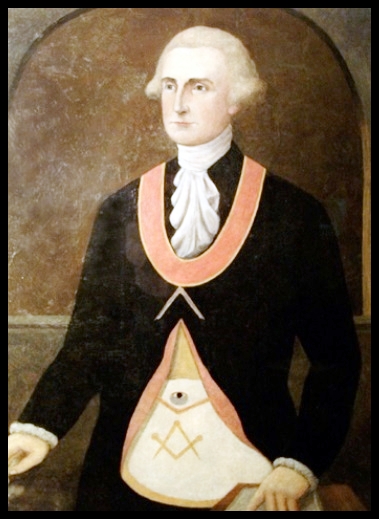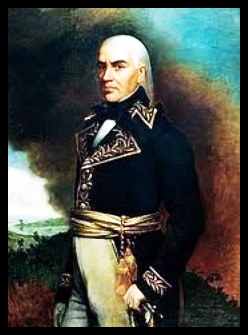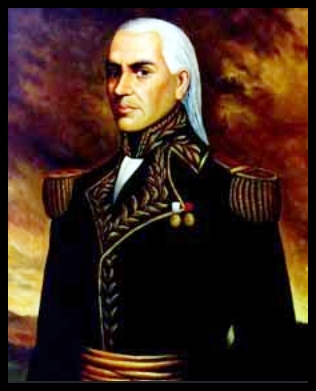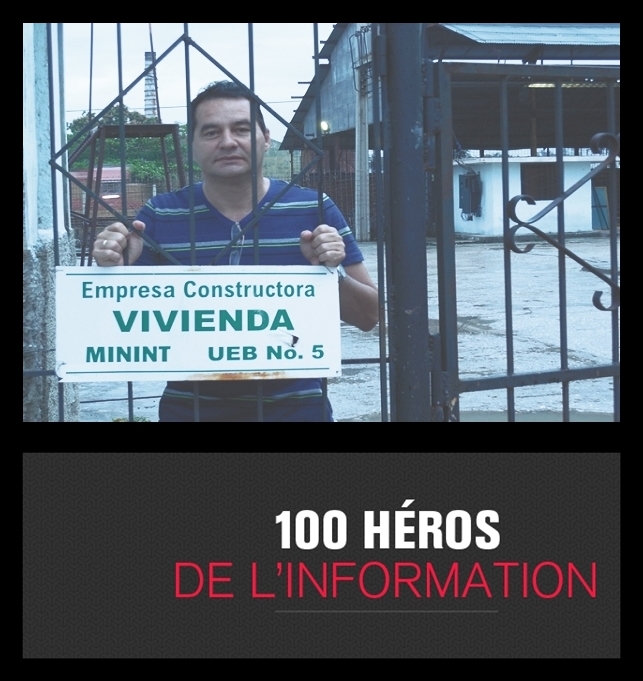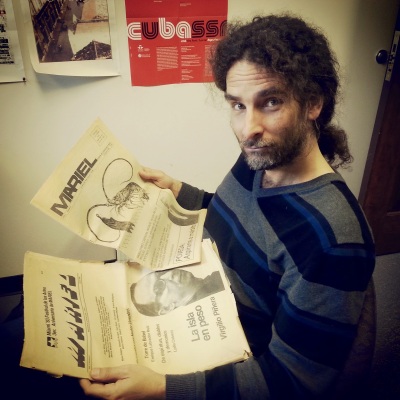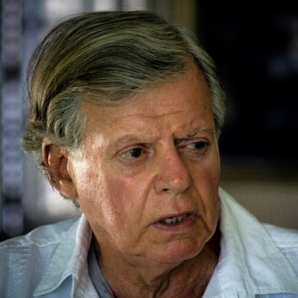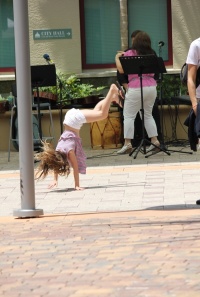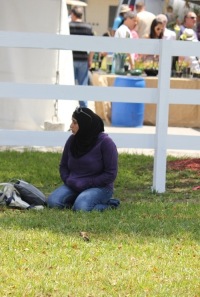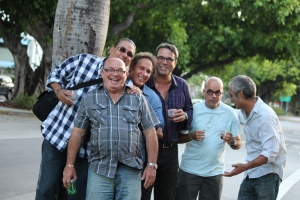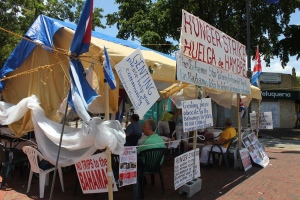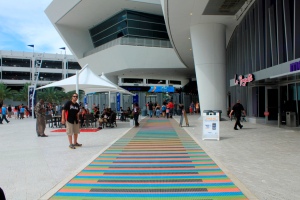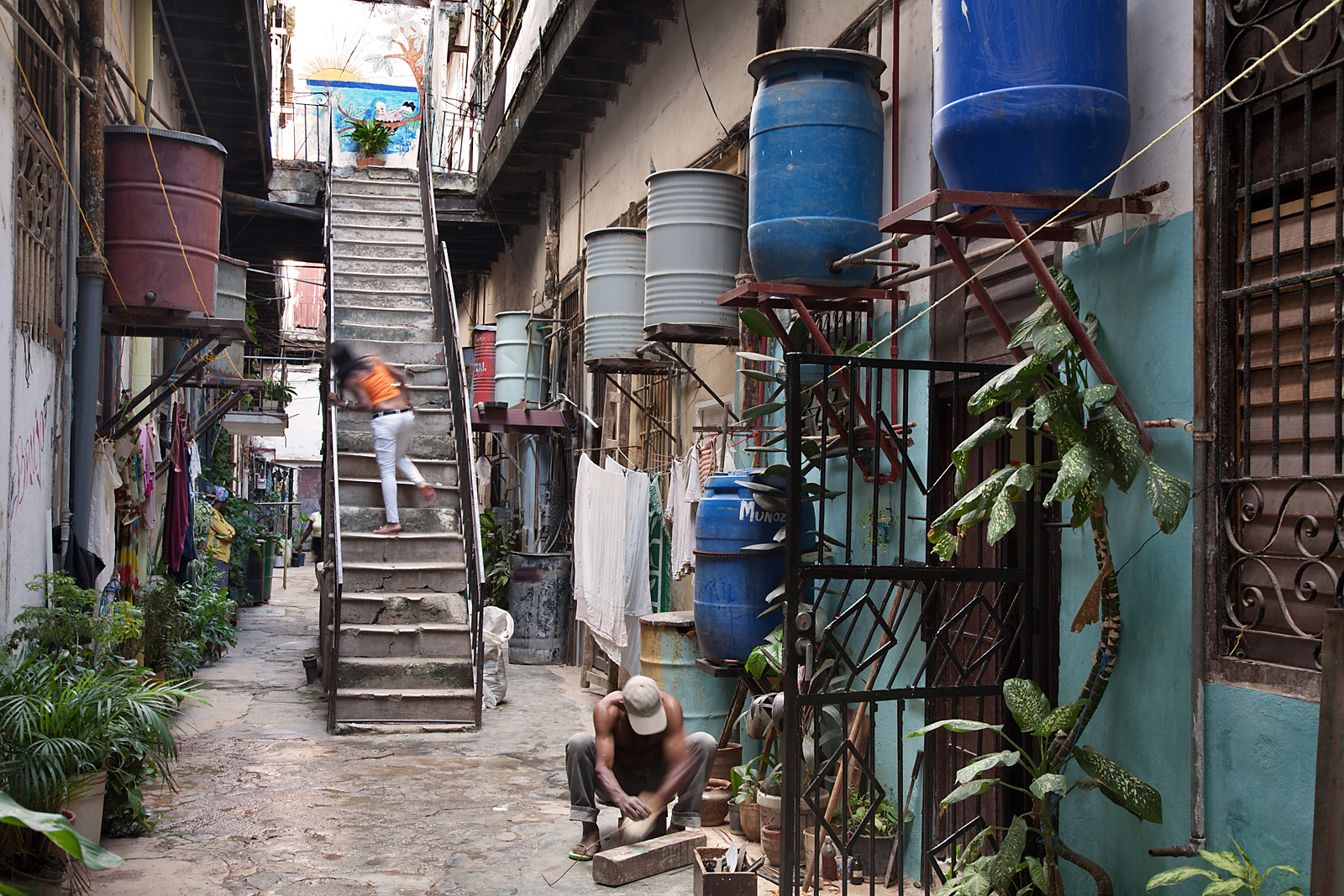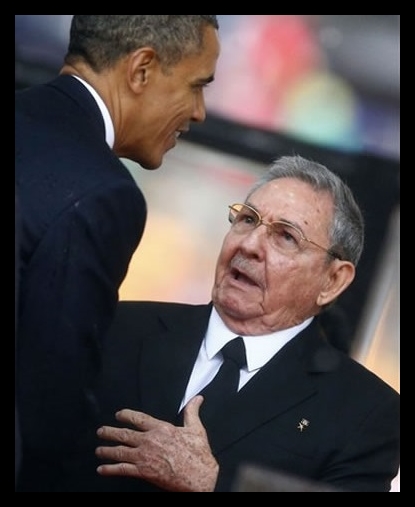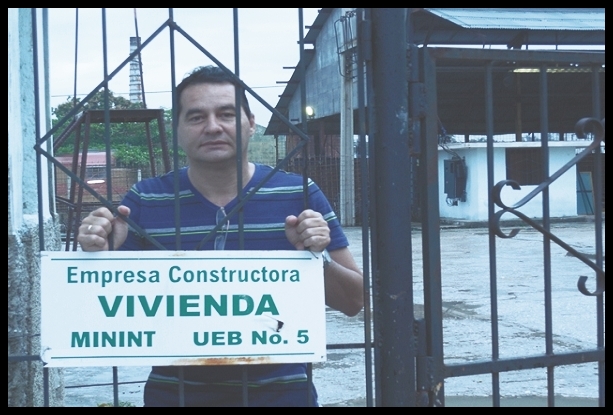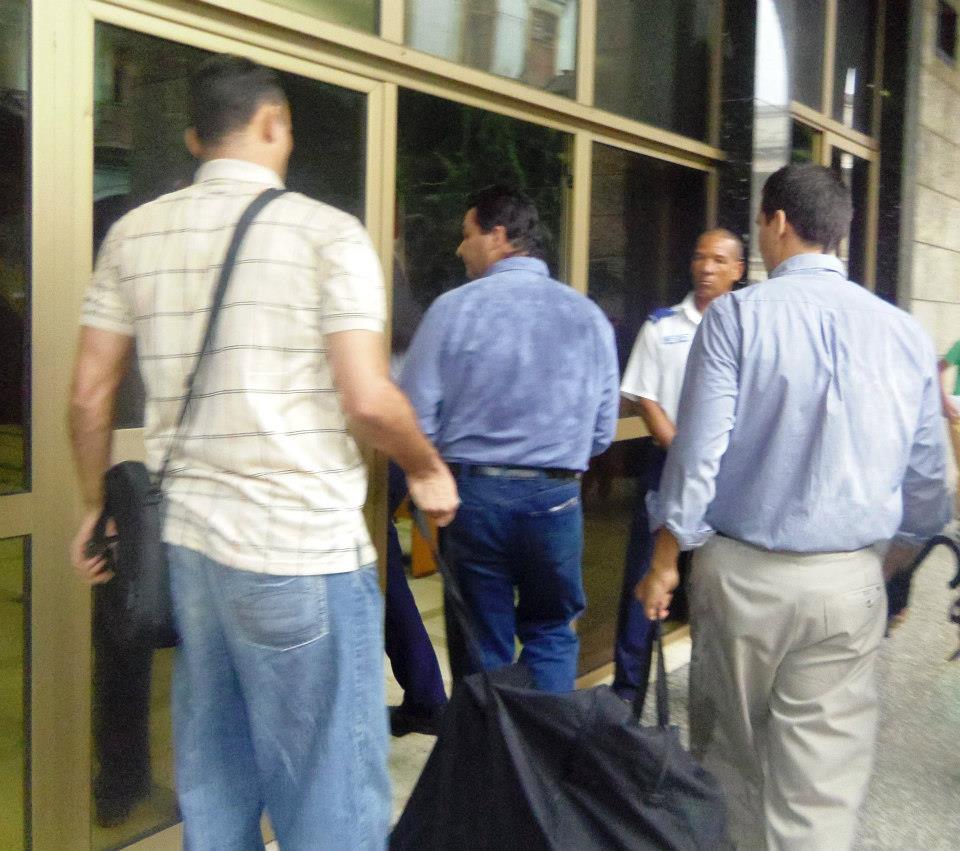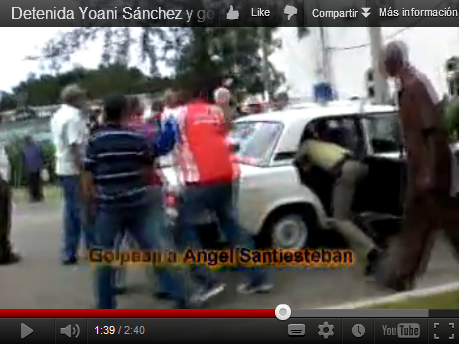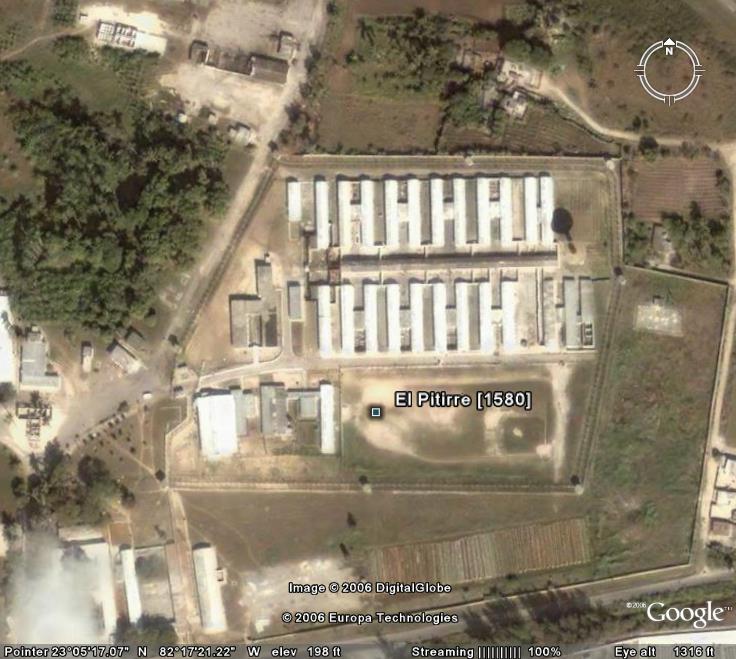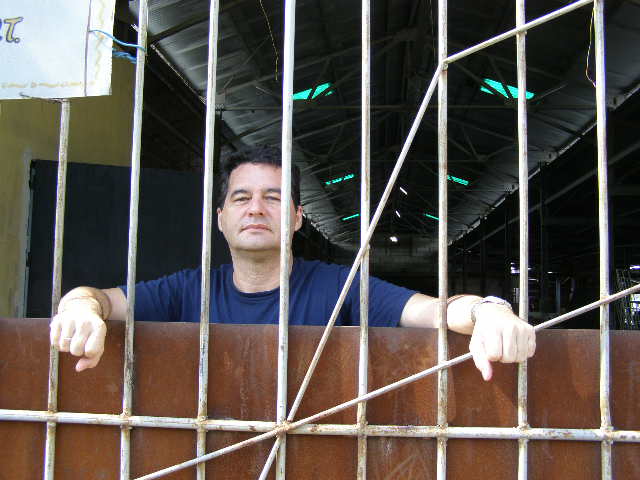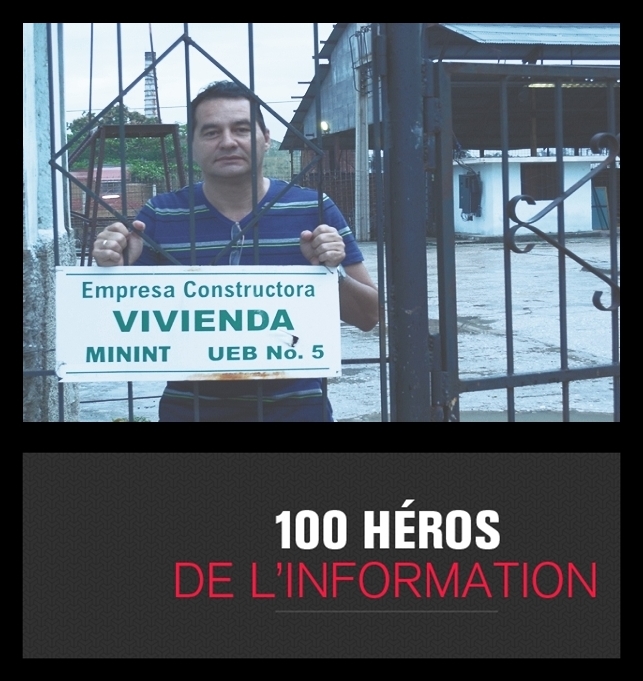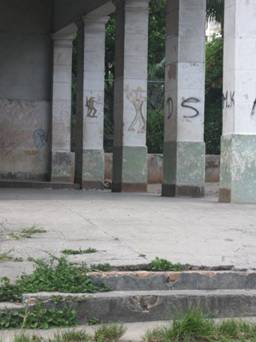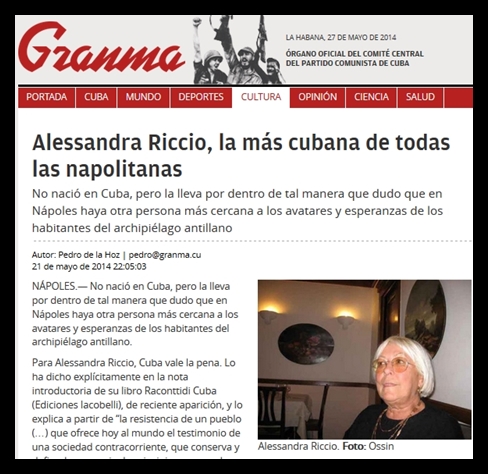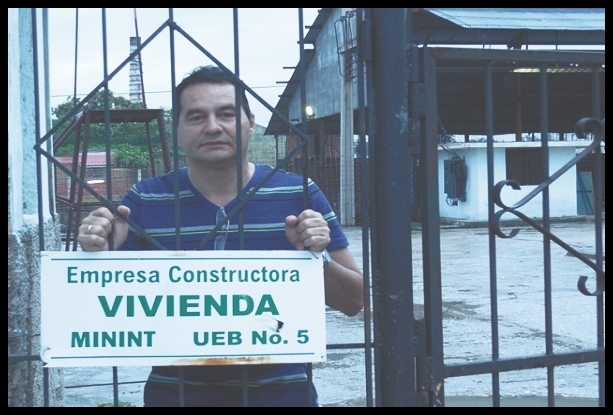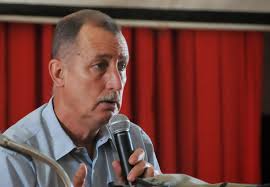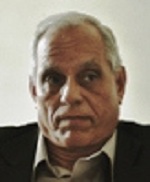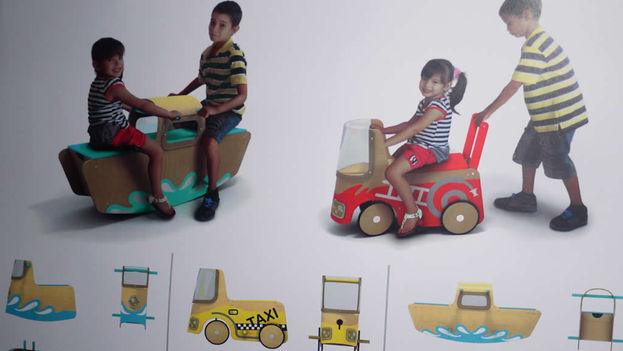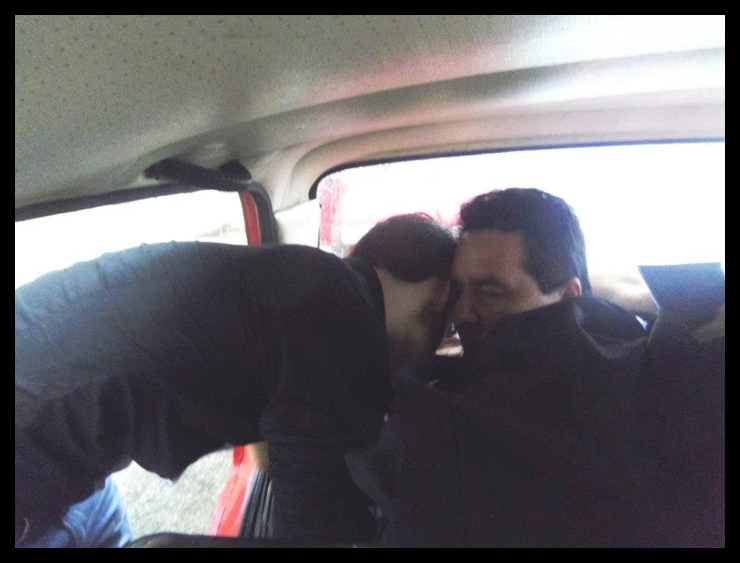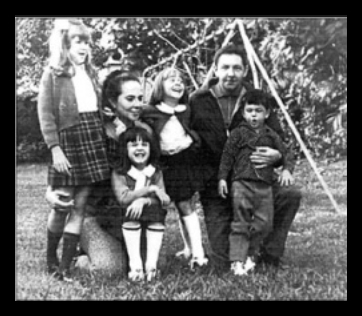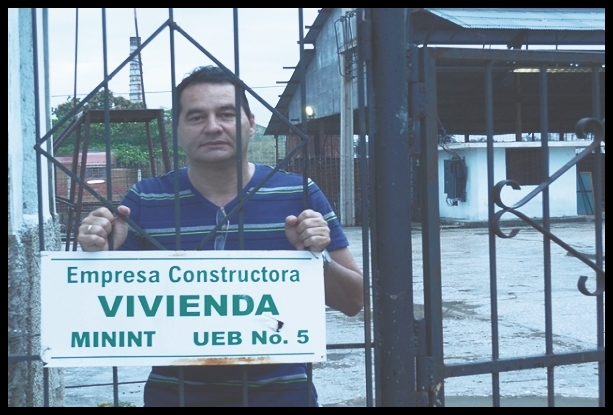CUBA: Young Leaders Group, Center for a Free Cuba and the Cuban Democratic Directorate Call for Twenty Minutes of Silence for Twenty Years of Impunity
Washington DC. July 8, 2014. Human rights and civil society organizations have called for a symbolic nonviolent protest action in honor of the twentieth anniversary of the murder of 37 Cuban passengers of the “13 de Marzo” Tugboat, who on July 13, 1994 were killed by agents of the Cuban government for trying to escape the island.
The demonstration will take place on July 10 at 12:00 noon outside of the Cuban Interests Section located on 2630 16th Street NW in Washington DC.
Human rights activists, members of international civil society and Cuban exiles will gather in front of the embassy in order to hold twenty minutes of silence for each of the twenty years that this crime has remained unpunished. continue reading
Rudy Mayor Director of the U.S. Cuba Democracy PAC’s Young Leaders Group outlined what happened and what is being remembered: “On this 20th anniversary of the Cuban tugboat massacre, we are again reminded of the cruelty of the Castro regime and its willingness to kill innocent men, women and children to deny them the chance of freedom. It is important for all of us who value and cherish liberty to remember those who have given the ultimate sacrifice in their search for freedom from oppression.”
Jose Luis Garza of the Cuban Democratic Directorate explained the purpose of the demonstration: “We are holding this nonviolent activity to remind the Castro regime that their crimes will not remain in impunity, and that both Cuban civil society and the international community remember the brutal manner in which they killed men, women and children. Today we stand in solidarity with our brothers and sisters in the Island to tell them they are not alone.”
On July 13, seventy two Cubans tried to escape the island on board the “13 de Marzo” tugboat at 3:00am. The boat used for the escape belonged to the Maritime Services Enterprise of the Ministry of Transportation. Upon leaving the port two boats from the same state enterprise began pursuing it. About 45 minutes into the trip, when the tug was seven miles away from the Cuban coast two other boats belonging to said enterprise appeared, equipped with tanks and water hoses, proceeded to attack and sink the tug. “Polargo 2” blocked the “13 de Marzo” tug in the front, while the other, “Polargo 5,” attacked from behind, splitting the stern. Two other government boats positioned themselves on either side and sprayed everyone on deck with pressurized water, using their hoses.” According to survivors another vessel that appeared to be directing operations was believed to belong to the Cuban Coast Guard, which is part of the Ministry of the Interior. Sergio Perodin, one of the survivors who lost his wife and young son during the incident, explained how the massacre ended in a 1998 Nightline program: “We saw in the distance a boat with a Greek flag that appeared to be what stopped them. lt looked like the boat was watching what they were doing, the murder they were committing. So they stopped and decided to pick us up.”
Thirty seven people were slain that day, including 13 women and 10 children.
“Twenty years after the killing of innocent men, women, and children who were seeking freedom, the Castro regime continues to deprive its citizens of their basic rights. The victims must not be forgotten and those responsible for their deaths should be held accountable”, stated Frank Calzón, Executive Director of the Center for a Free Cuba.
Twenty years after the events, and despite the exhaustive reports and conclusions of the Inter-American Commission on Human Rights and other international organizations on the responsibility of the Cuban State in the massacre, the authors of this crime continue enjoying absolute impunity while both the victims who survived and the families of the dead have been denied justice, and any kind of moral compensation.
Contact:
Frank Calzon, Center for a Free Cuba 202- 427-3875
Jose Luis Garza, Cuban Democratic Directorate 305-220-2713
Rudy Mayor, U.S. Cuba Democracy PAC’s Young Leaders Group 786-393-9068

